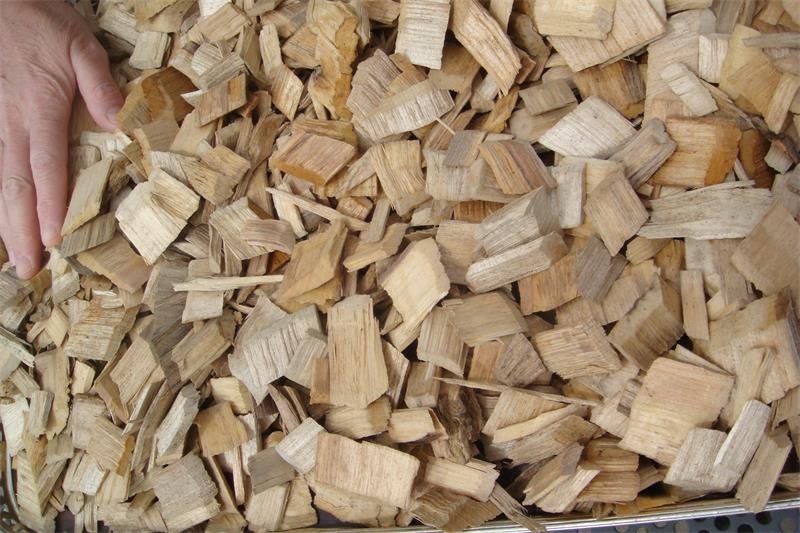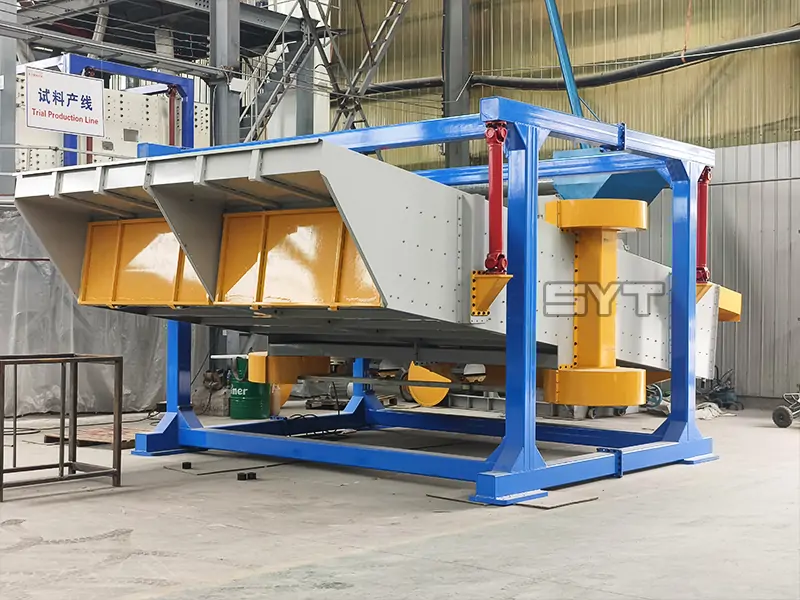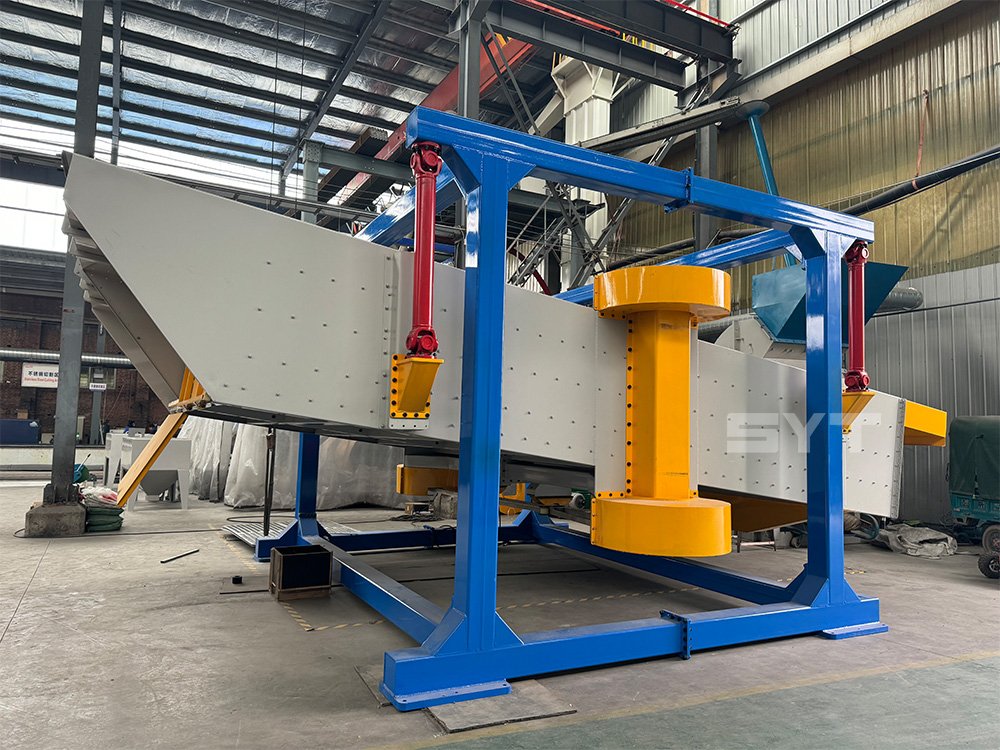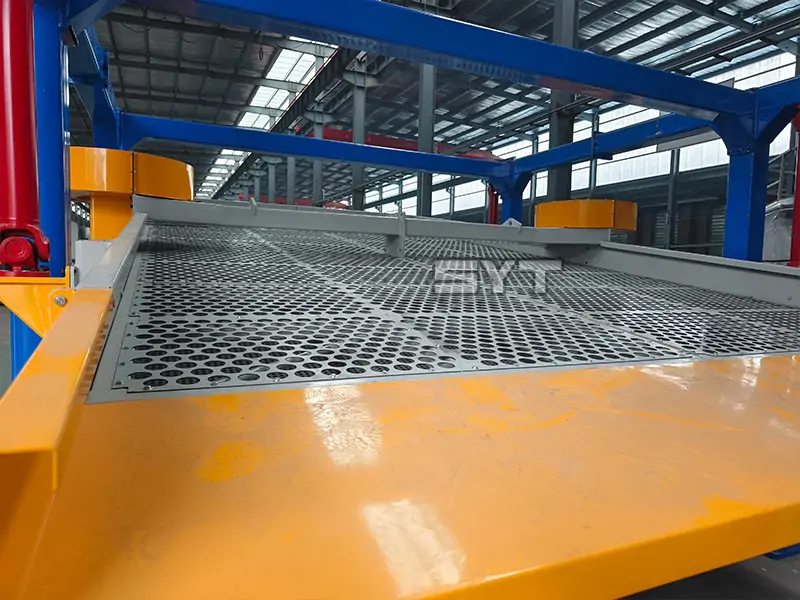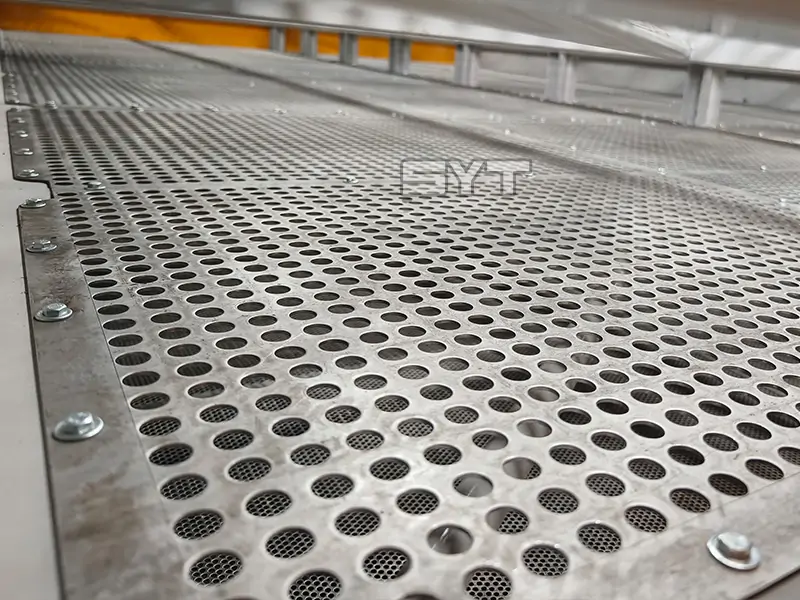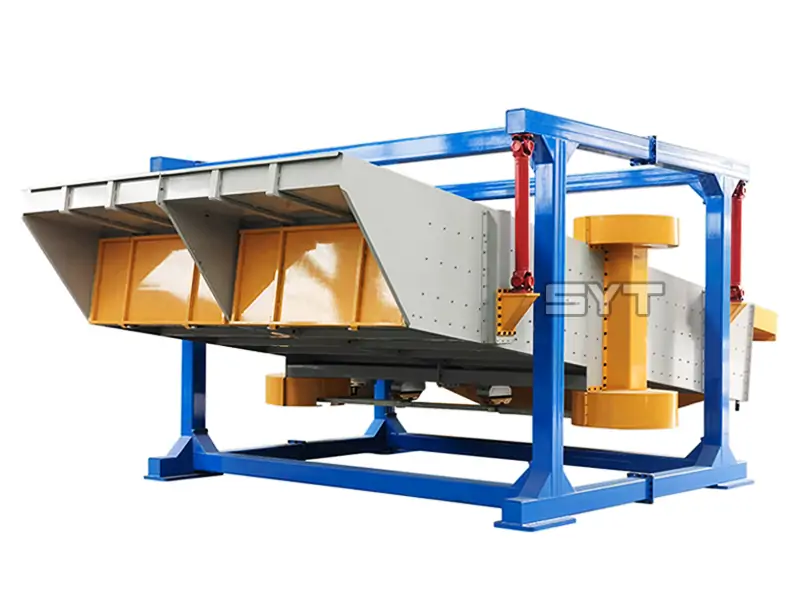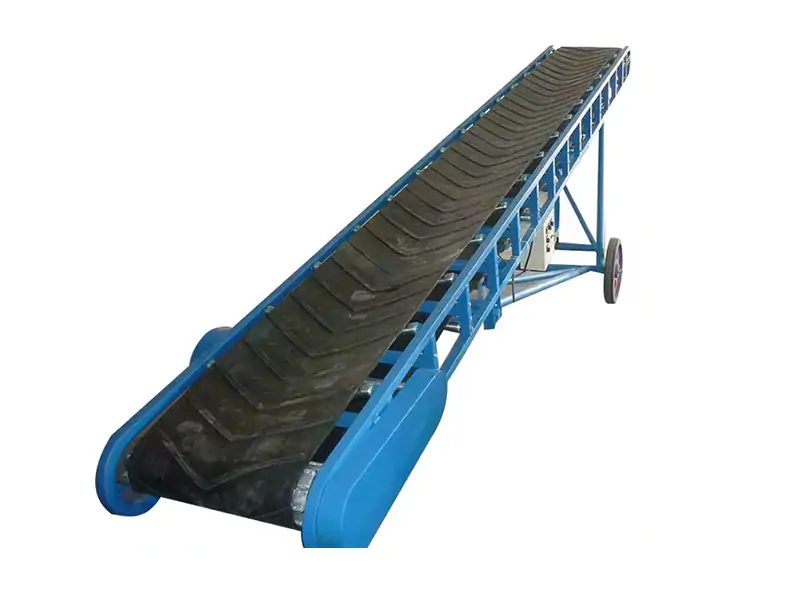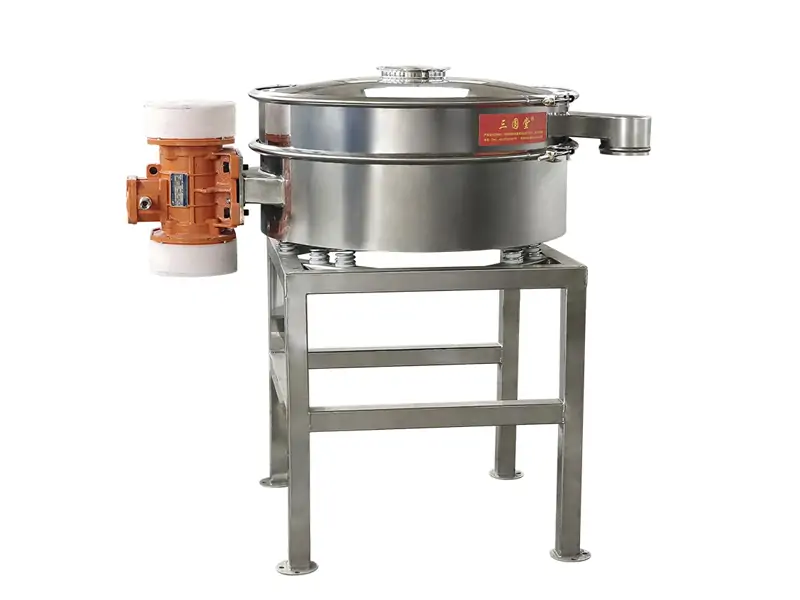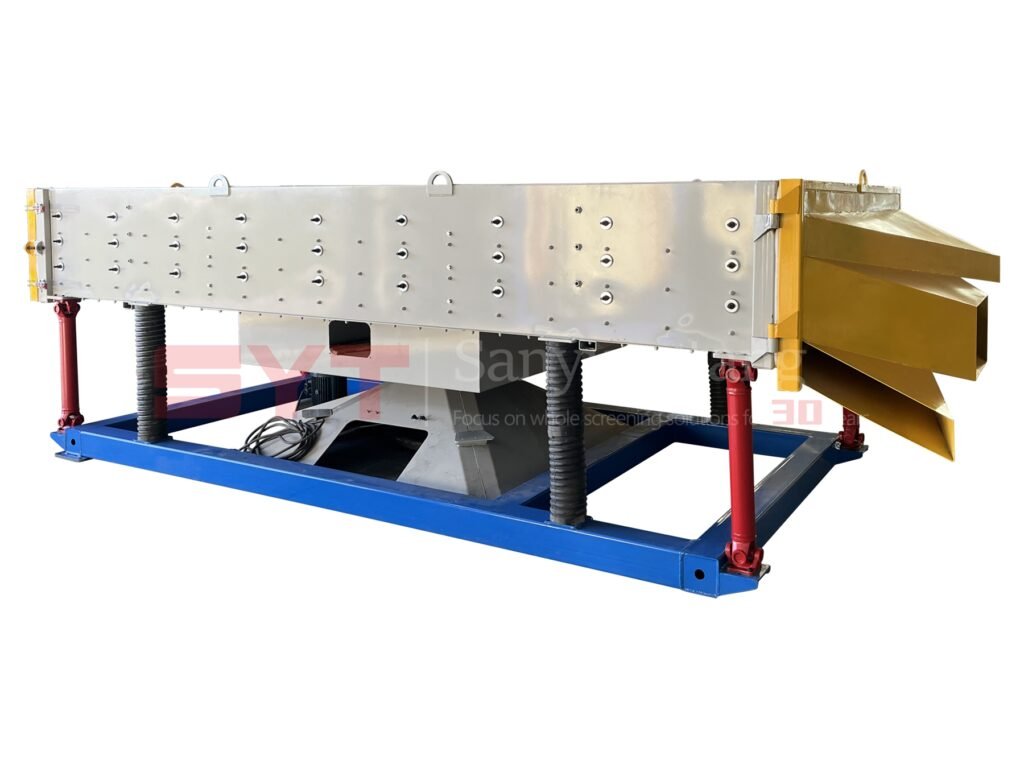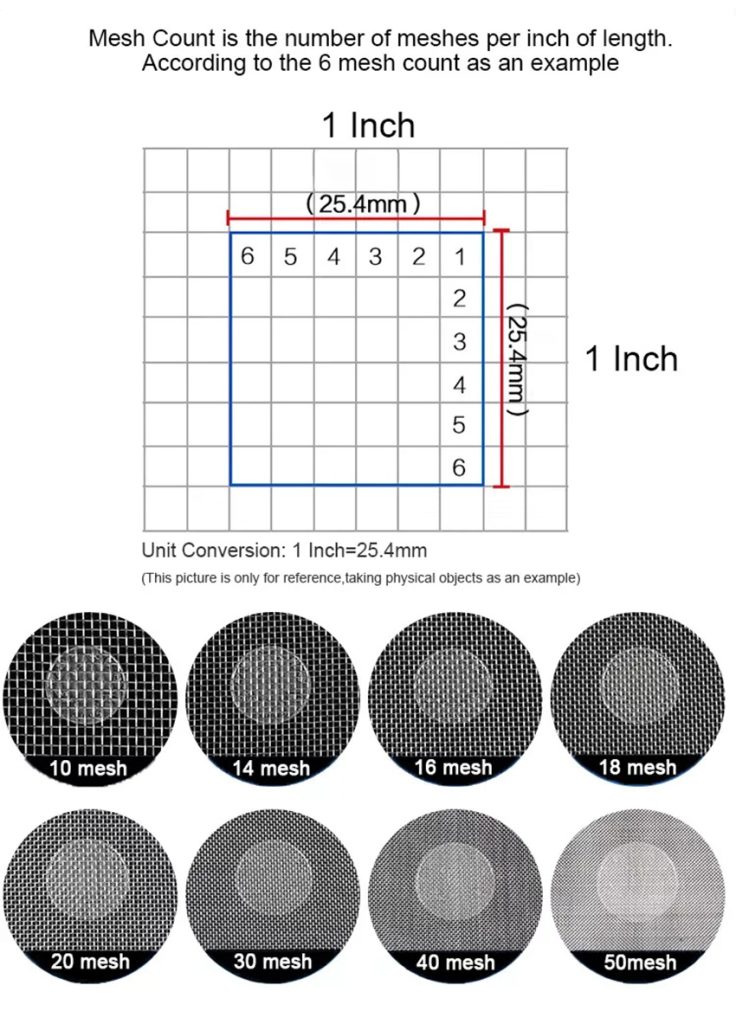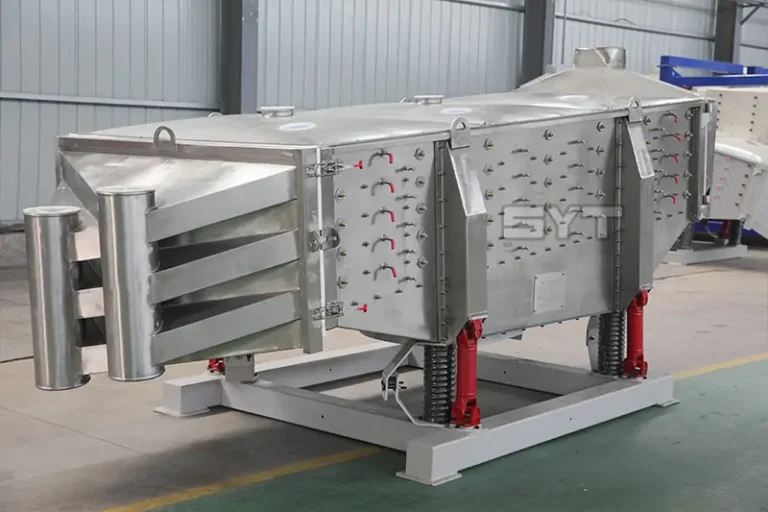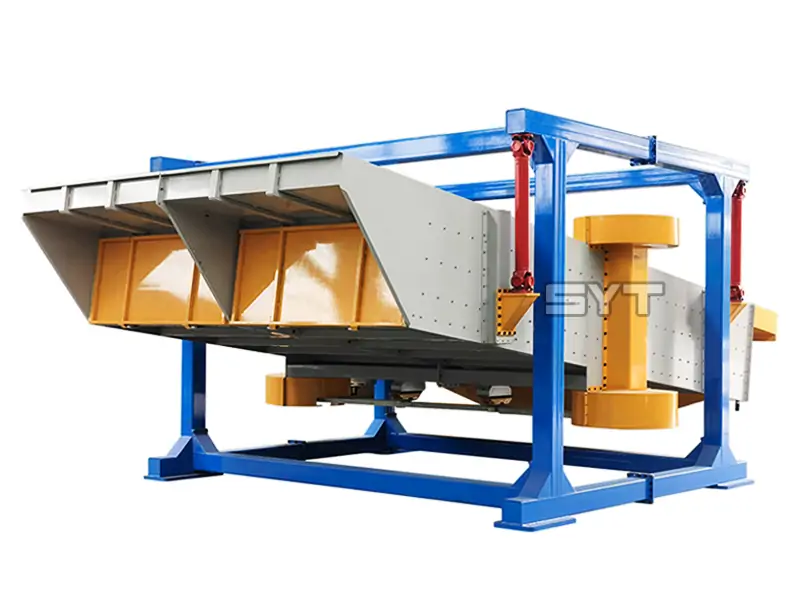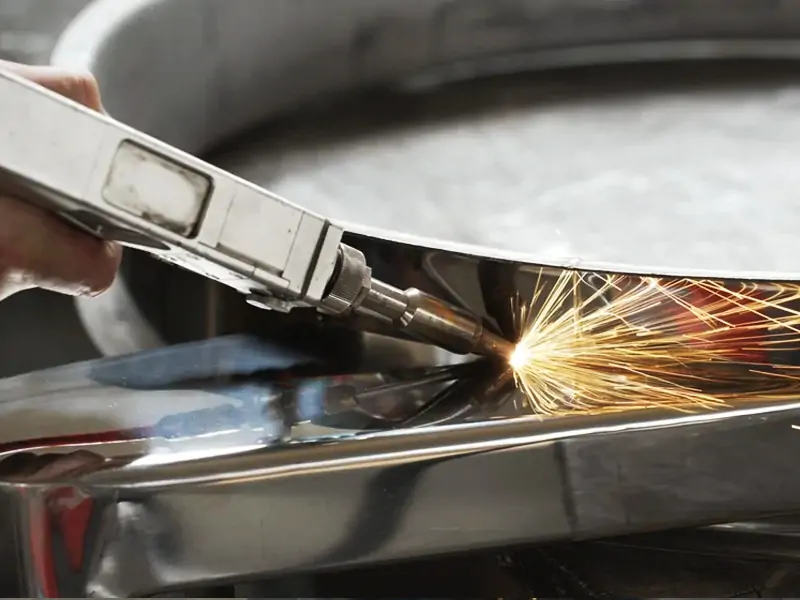In the world of gardening, both mulch and wood chips are commonly used as soil-covering materials. Both play similar roles in landscaping, but have distinct differences in composition, benefits, and uses. Understanding these differences can help you choose the material that best suits your gardening needs and ensure your garden thrives. In this article, we’ll explore mulch vs. wood chips and the role of wood chip screeners in optimizing the processing and application of these materials.

Mulch 
Wood Chips
What is mulch?
Mulch is any material spread over the surface of the soil to retain moisture, suppress weeds, regulate soil temperature, and improve soil structure. It can be made from various organic materials such as straw, leaves, grass clippings, and wood chips. Organic mulches break down over time, providing valuable nutrients to the soil.
What are wood chips?
Wood chips, on the other hand, are small pieces of wood that are produced when trees are cut, chopped, or crushed. They can be used as mulch, but their main use is as a decorative ground cover or as part of landscaping. Unlike other types of mulch, wood chips break down more slowly, making them ideal for areas that require long-term ground cover, such as around trees, shrubs, and sidewalks.
Key Differences: Mulch vs. Wood Chips
| Aspect | Mulch | Wood Chips |
|---|---|---|
| Composition | Varied organic materials | Primarily woody biomass |
| Decomposition | Faster decomposition | Slower decomposition |
| Appearance | Softer, finer texture | Chunky, rustic look |
| Nutrient Value | Releases nutrients quickly | Slow nutrient release |
| Best Use Cases | Vegetable gardens, flower beds | Pathways, play areas, long-term landscapes |
The Role of Wood Chip Screeners in Processing
Whether you’re producing mulch or wood chips, achieving consistent size and quality is crucial. This is where wood chip screeners come into play.
Wood chip screeners are machines designed to sort and grade wood material by size while removing impurities such as dust, oversized chunks, or foreign debris. They ensure that the final product is uniform, clean, and ideal for its intended use.
For wood chips, screening helps:
- Remove fine particles that may decompose too quickly
- Eliminate oversized pieces that are difficult to spread
- Improve aesthetic consistency for decorative use
- Enhance functionality for pathways and playgrounds
Screening is also useful for mulch production, particularly when a fine, even texture is desired for garden beds.
Choose the Screening Equipment That Fits Your Needs
For businesses or landscape designers involved in large-scale mulch or wood chip production, it is important to choose the right wood chip screening machine. The Sizhenyuan Wood Chip Screen produced by Sanyuantang adopts the “Ease Sieve” brand concept, has the characteristics of stable operation, simple operation, large output and high efficiency, and is widely used in wood processing, pulp and paper, biomass energy and other fields. We can solve your wood mill screening problems and help you improve production efficiency. Click to contact us
Conclusion
Both mulch and wood chips offer unique benefits for gardening and landscaping. While mulch is great for quick soil improvement, wood chips provide long-lasting coverage and are perfect for decorative and functional applications. Using a wood chip screener ensures your material is clean, consistent, and ready to use.
Choose the right material—and the right equipment—to make the most of your landscape projects.
👉 Contact us today to solve your wood chip processing challenges and boost productivity.
Email: info@sanyuantang.com
Phone: +86-18639095165

